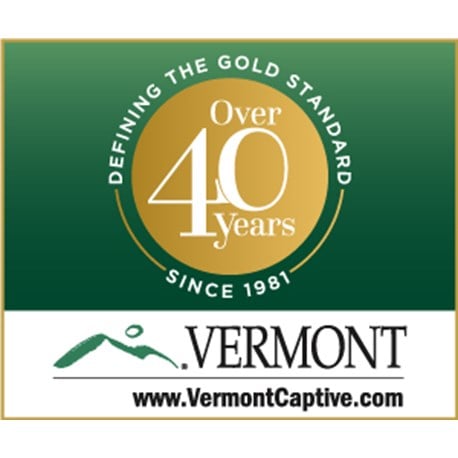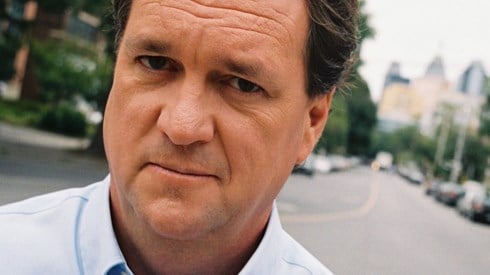Since 1981, when Vermont was one of the first states to adopt captive-enabling legislation, the state has been at the forefront of the captive insurance industry and is now the leading domicile globally. With the largest network of experienced and knowledgeable regulators, management professionals, in-house examiners, and service providers of any domicile, Vermont provides all of the resources necessary for your captive to thrive. And, with unparalleled legislative support, you can be sure your captive is strong, secure, and supported at every turn.
Whether considering forming a captive or redomiciling an existing one, we make the process as smooth as possible through remaining accessible, transparent, and by encouraging open and ongoing communication.
Vermont's captive fees and premium tax rates are not only competitive, but our unique infrastructure, including in-house examiners, can save insureds valuable time, money, and resources over the course of the relationship.
So, please, make Vermont your first call. You'll receive honest and knowledgeable advice. We have your interests foremost in mind, and we place customer service as our number one objective in working with you. Contact us to learn how Vermont sets the gold standard!














































